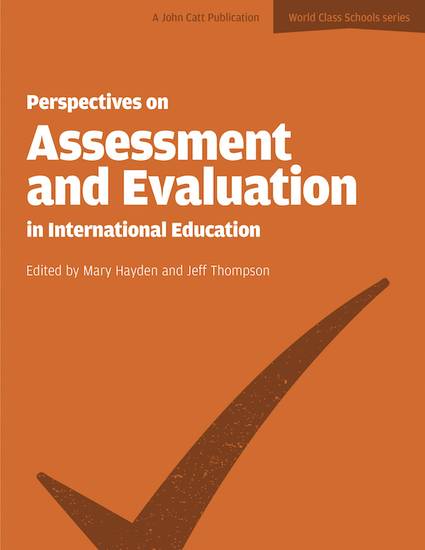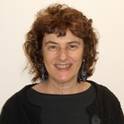
Contribution to Book
Mapping progress and developing assessments in new learning domains
Perspectives on Assessment and Evaluation in International Education
(2017)
Abstract
Dynamic educational systems and institutions are continuously submitting their educational ideologies and practices to critical scrutiny — thinking about what students need to learn, and how educational programs and institutions can best equip children to deal with their current needs and those of the future. While there are strong arguments in favour of the traditional subject disciplines, many educators reach out for new ways of organising and formulating knowledge, skills and understandings. The `new ways' are called, amongst other terms, `21st century skills', `new metrics', or `cross-curricular domains'. The early stage of development of — let's call them — `unmapped domains' is often simply to name them and announce them as part of a system's or school's offering that is meant to suffuse the defined and established areas of the curriculum. They may remain like that indefinitely, perhaps as part of the mission statement of a school or system, or an overarching curriculum definition, which includes terms such as `whole learning', `cultural sensitivity', `humanist values', `critical and creative thinking' and `problem solving'. Should more serious intentions emerge to ensure that such concepts are really activated in a program of student learning, one-off extra-curricular activities may be adopted, stand-alone modules of work may be developed, or teachers may be invited (or directed) to describe how these concepts are integrated into their regular subject teaching. But if such new domains are really going to acquire the status of serious areas of learning, they first need to be defined, then analysed to identify essential dimensions and elements, and then charted in terms of increasing capability. Articulating what more or less capability in the domain looks like makes it possible to begin discussing — in shared language — whether it is present and how it is developing — at individual, class or whole school level. But a further crucial step is to move from abstract descriptions of the learning area and progress within it, to concrete tasks that aim to reflect various stages along the learning development path. These tasks — assessment tasks — are a testing ground for judging whether the descriptions provided of progress are matched with real student performance. In other words, an essential part of mapping new domains is creating assessments to validate them. In the past decades there have been numerous attempts to establish new domains. In the international school world the most familiar and successful of these isperhaps the Creativity, Action, Service element of the International Baccalaureate Diploma Programme (recently re-named Creativity, Activity, Service), which is mandated as core curriculum. In Australia, with whose education systems I am most familiar, diverse approaches have been taken. The next section describes some of these. Following that, a methodology is proposed for accomplishing, at the school level, the dual, interconnected projects of mapping a new domain and developing assessments to inform and express that domain. [Author abstract]
Keywords
- Curriculum development,
- Interdisciplinary approach,
- Generic skills,
- Curriculum implementation,
- Student assessment,
- Global approach,
- Evaluation methods,
- Educational assessment,
- International schools,
- Core curriculum
Disciplines
Publication Date
2017
Editor
Mary Hayden and Jeff Thompson
Publisher
John Catt Educational
Series
World Class Schools series
ISBN
9781909717992
Citation Information
Juliette F Mendelovits. "Mapping progress and developing assessments in new learning domains" Melton, WoodbridgePerspectives on Assessment and Evaluation in International Education (2017) p. 13 - 28 Available at: http://works.bepress.com/juliette_mendelovits/32/
